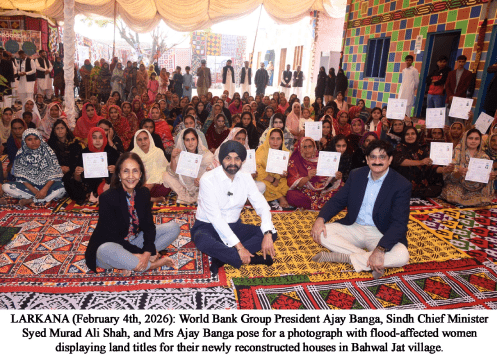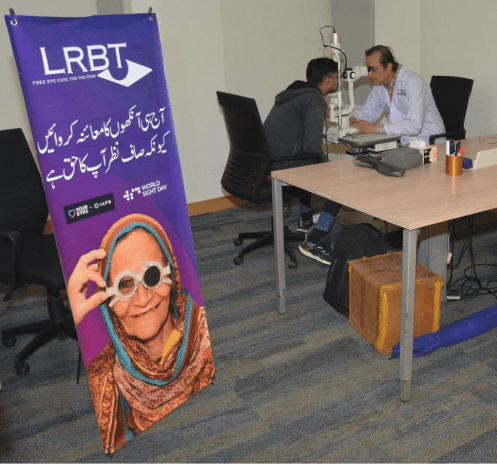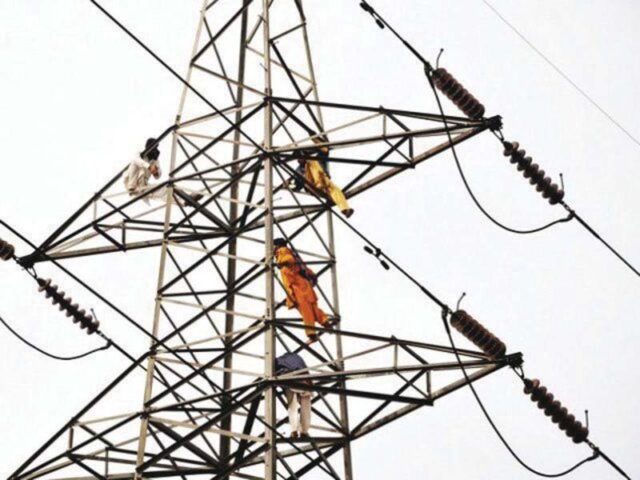ISLAMABAD: Pakistan is positioning itself as a key player in the global minerals race, eyeing lucrative deals with major powers including the United States and China. With mineral reserves estimated at $8 trillion, Islamabad is seeking strategic partnerships to unlock its vast potential in copper, gold, rare earths and other resources.
The US administration has shown growing interest in Pakistan’s minerals sector, aligning with Washington’s recent push to secure rare earths worldwide. A minerals conference hosted in Islamabad earlier this year drew interest from global investors, with both Beijing and Washington competing for stakes. Analysts believe the US, following its model in Ukraine, could demand a substantial share in Pakistan’s mineral wealth in exchange for aid or investment.
China, meanwhile, continues to strengthen its foothold through the Saindak copper and gold project and a newly awarded mining block in the Reko Diq belt of Balochistan. While Washington’s attention remains uncertain regarding Reko Diq, Saudi Arabia has already expressed keen interest in joining the multibillion-dollar project.
Pakistan recently received a $5 billion offer for Reko Diq, far exceeding the estimated $3 billion investment required. Financing commitments have also been pledged by the Asian Development Bank, Islamic Development Bank, International Finance Corporation, US Exim Bank, and European agencies from Germany and Denmark.
Experts stress that Pakistan must leverage such opportunities beyond Reko Diq to exploit its broader mineral wealth. The country hosts significant reserves of coal, copper, gold, iron ore, chromite, bauxite, gypsum, and precious stones, yet the mining sector contributes only 3.2% to GDP and accounts for a meagre 0.1% of global mineral exports.
Currently, Pakistan’s mineral landscape spans 600,000 sq km, with 92 known minerals, 52 of which are commercially mined. The sector produces about 68.5 million metric tons annually, sustaining over 5,000 mines and 50,000 SMEs, and employing 300,000 workers. Notably, Pakistan is home to the world’s second-largest salt mines and fifth-largest copper and gold deposits.
Analysts argue that Pakistan’s mineral wealth could spark an economic turnaround if coupled with foreign investment, advanced technology, and transparent governance. With global giants vying for access, Islamabad faces a critical test: balancing the interests of the US, China, and other partners while ensuring that the gains from its resources benefit the nation at large.







